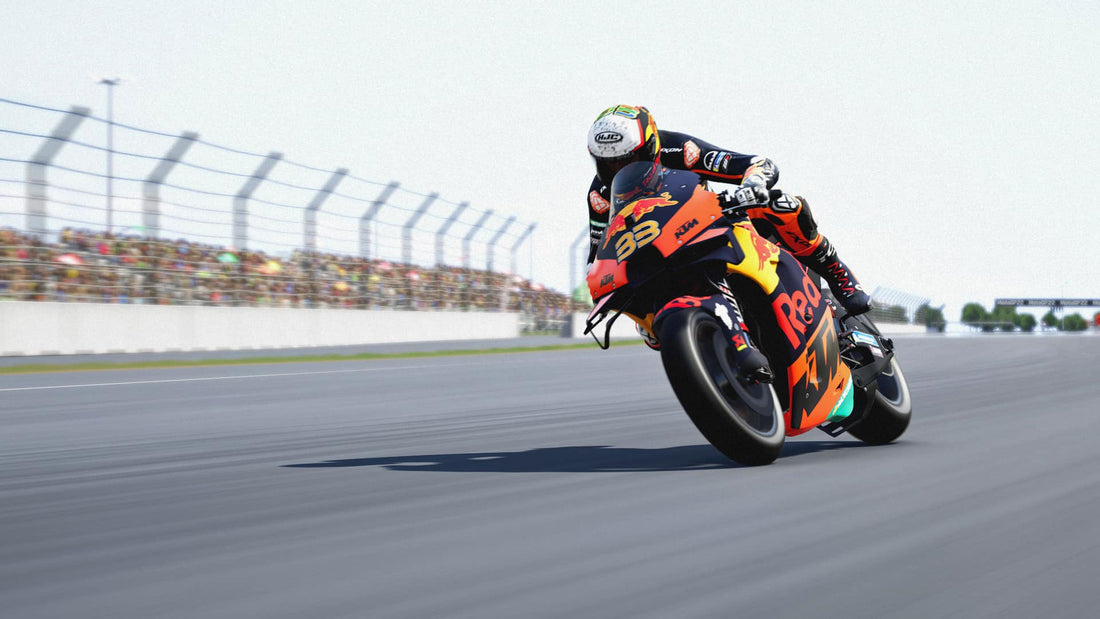In the realm of MotoGP, the emergence of KTM's prodigy, Pedro Acosta, has stirred immense speculation about his future in the premier class. Despite being merely 19 years old, Acosta has illuminated the grand prix racing scene for a mere two and a half years, prompting a surge of excitement as he approaches the pinnacle of his career. But what factors contribute to the fervent acclaim surrounding this young talent, and does it hold merit? In an exclusive conversation with Motorsport.com, Aki Ajo, Acosta's current team leader, sheds light on these inquiries.
Pedro Acosta's meteoric rise through the ranks of the racing world has not gone unnoticed. The promise he exhibited within the span of just over two years has fueled an aura of anticipation as he transitions to the premier class. Aki Ajo, a respected figure within the racing community, offers insights into the phenomenon.
As Acosta's mentor and guide, Ajo attests to the young rider's extraordinary abilities that transcend his age. Ajo underscores Acosta's remarkable adaptability, fierce determination, and innate sense of racing dynamics. These traits, combined with his remarkable achievements in a relatively short span, have laid the foundation for the burgeoning hype surrounding Acosta's ascent.
The justified excitement doesn't solely stem from Acosta's performance on the track; it's also fueled by his undeniable impact on the sport's narrative. His rapid progression from relative obscurity to a name on the lips of every MotoGP enthusiast has injected a fresh energy into the racing scene. Ajo emphasizes that Acosta's journey symbolizes the essence of what captivates fans and invigorates the sport - the emergence of a young, prodigious talent ready to challenge the established norms.
While the racing world has witnessed its share of young talents, the buzz around Acosta feels unique, with his achievements and attributes merging to create a truly compelling narrative. Ajo's analysis suggests that this narrative is inherently grounded in the authenticity of Acosta's talent and the transformative effect it has on MotoGP's landscape.
In conclusion, the anticipation surrounding Pedro Acosta's foray into the premier class of MotoGP appears to be well-founded. Aki Ajo's insights offer a comprehensive understanding of the factors that contribute to this justified excitement. Acosta's exceptional skills, tenacity, and the narrative of his rapid ascent all coalesce to form a captivating story that revitalizes the sport and resonates with enthusiasts worldwide. As the MotoGP community eagerly awaits Acosta's next steps, it is undeniable that his journey exemplifies the core allure of witnessing a new generational talent taking center stage.

